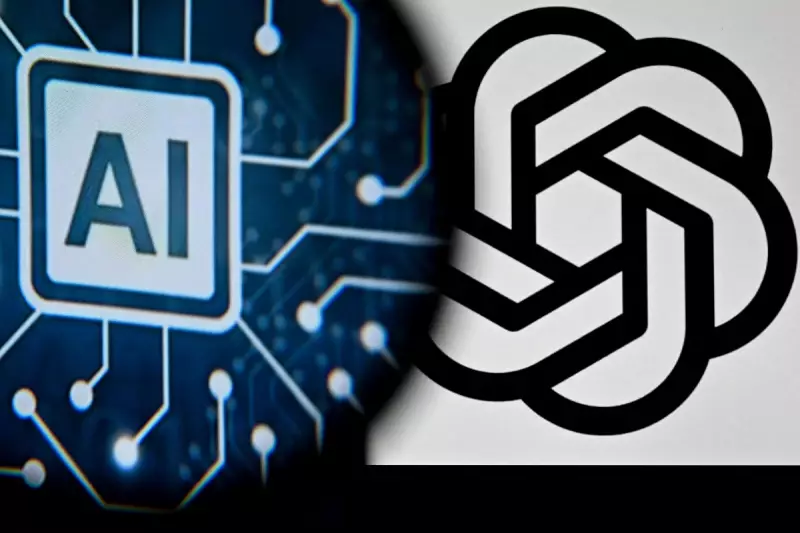
Artificial intelligence is making waves in healthcare, with chatbots like ChatGPT being tested for medical advice. But can they really replace doctors? A recent study has raised both concerns and possibilities.
The Rise of AI in Healthcare
Hospitals worldwide are exploring AI solutions to streamline patient care. ChatGPT, developed by OpenAI, has shown promise in answering medical queries, but experts warn about its limitations.
What the Research Shows
A comprehensive study examined ChatGPT's ability to provide accurate medical information. While the AI performed well in some areas, researchers found significant gaps in:
- Diagnostic accuracy
- Treatment recommendations
- Emergency situations
The Pros and Cons
Potential benefits include:
- 24/7 availability for basic health questions
- Reduced pressure on healthcare staff
- Quick access to general medical information
However, risks identified:
- Potential for misinformation
- Lack of human empathy in sensitive cases
- Inability to perform physical examinations
What This Means for Patients
While AI chatbots might supplement healthcare services, experts emphasize they should never replace professional medical advice. The NHS and other health organizations are carefully evaluating how to integrate such technologies safely.
The Future of AI in Medicine
As technology advances, regulatory bodies face the challenge of creating frameworks to ensure patient safety while harnessing AI's potential. The debate continues about where to draw the line between human expertise and artificial intelligence in healthcare.





